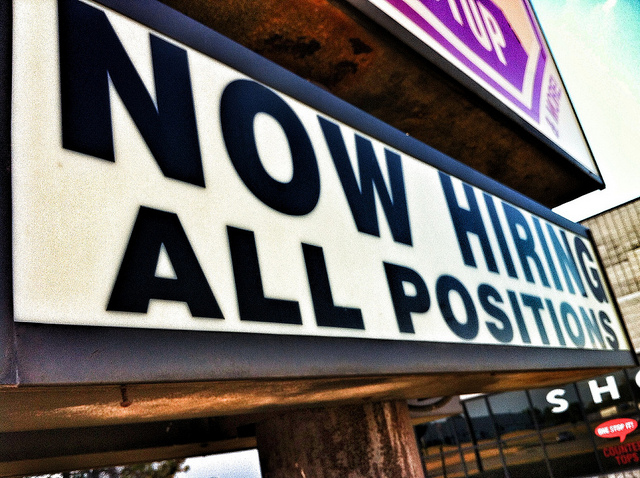An improving job market has been one of the many positive economic trends credited with helping lift the housing market over the past few years. Analysts believed real estate would overcome periods of volatility and continue to show long-term improvement based on the fact that more Americans were finding work and reporting higher incomes. In May, however, a weaker-than-expected jobs report made news at a time when the housing market was beginning to pick up. So should you expect a downturn if employment begins to weaken? According to Fannie Mae’s monthly forecast from their Economic & Strategic Research Group, not necessarily. In fact,the group didn’t adjust their forecast for economic growth this year and Doug Duncan, Fannie Mae’s chief economist, says the housing market is getting stronger. “Housing activity is gaining strength heading into the summer, with pending home sales rising to a decade high. In addition, new home sales surged to an expansion best, a positive for single-family homebuilding, especially since only a small share of new homes for sale are completed and ready to occupy,†Duncan said. “However, recent pullbacks in construction hiring, likely due to a shortage of skilled workers, could weigh on the outlook for the sector. With little improvement in the current housing supply so far, we expect only moderate housing expansion this year.†Duncan also said that, though the Fed decided not to raise interest rates at their latest meeting, he expects they will likely raise rates again at some point this year. More here.













